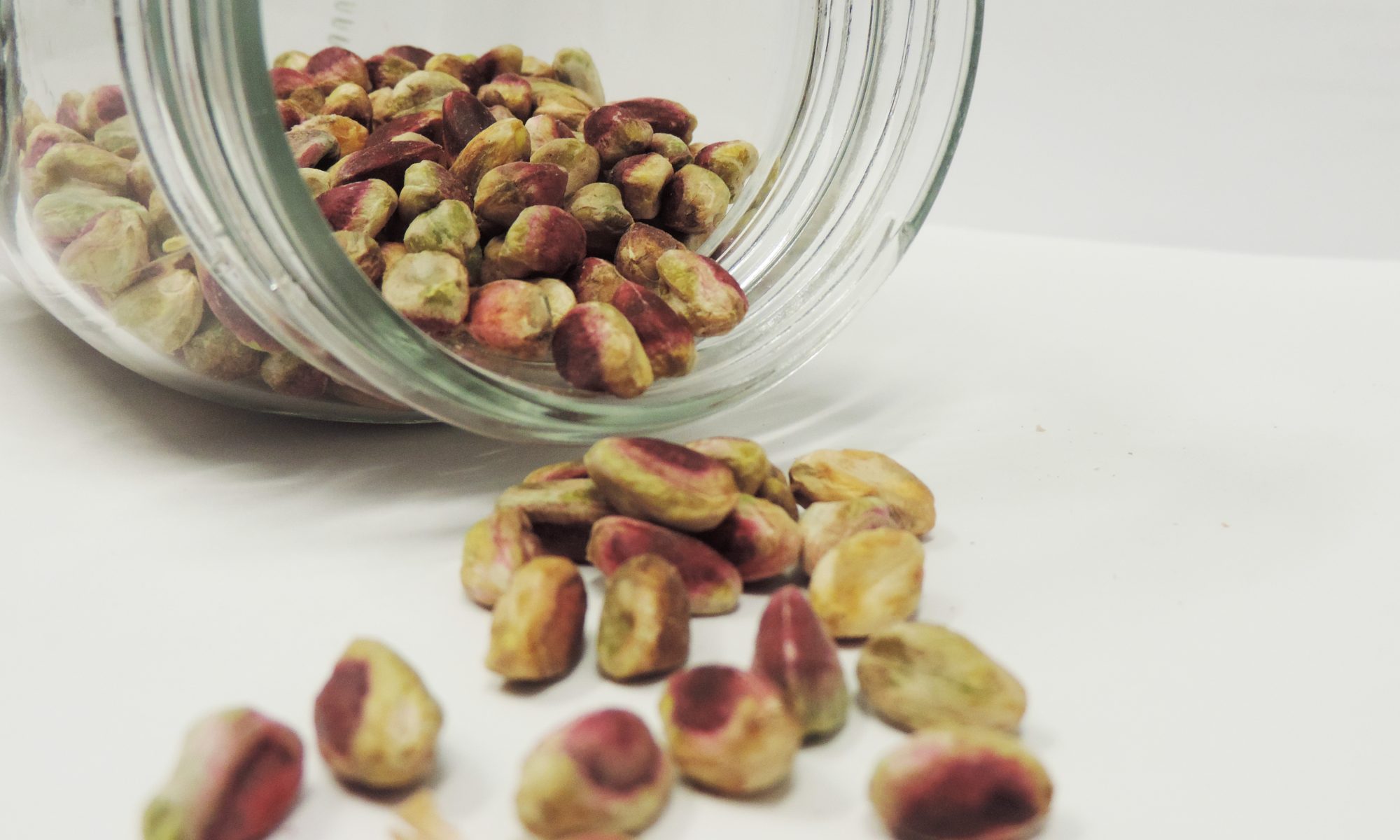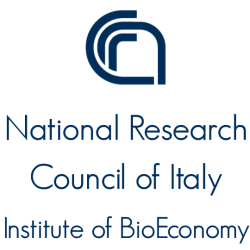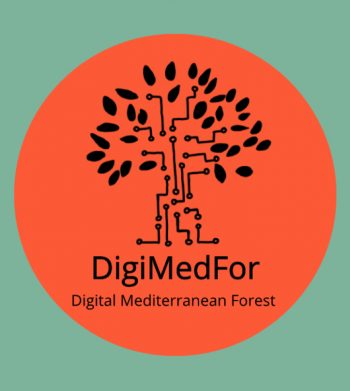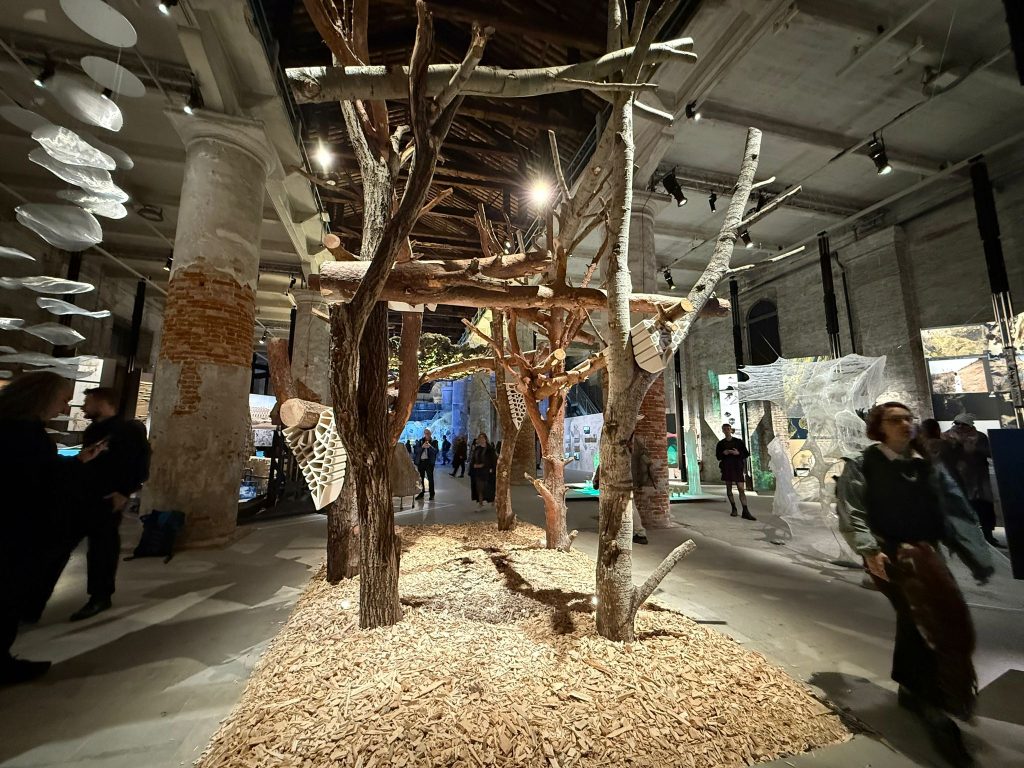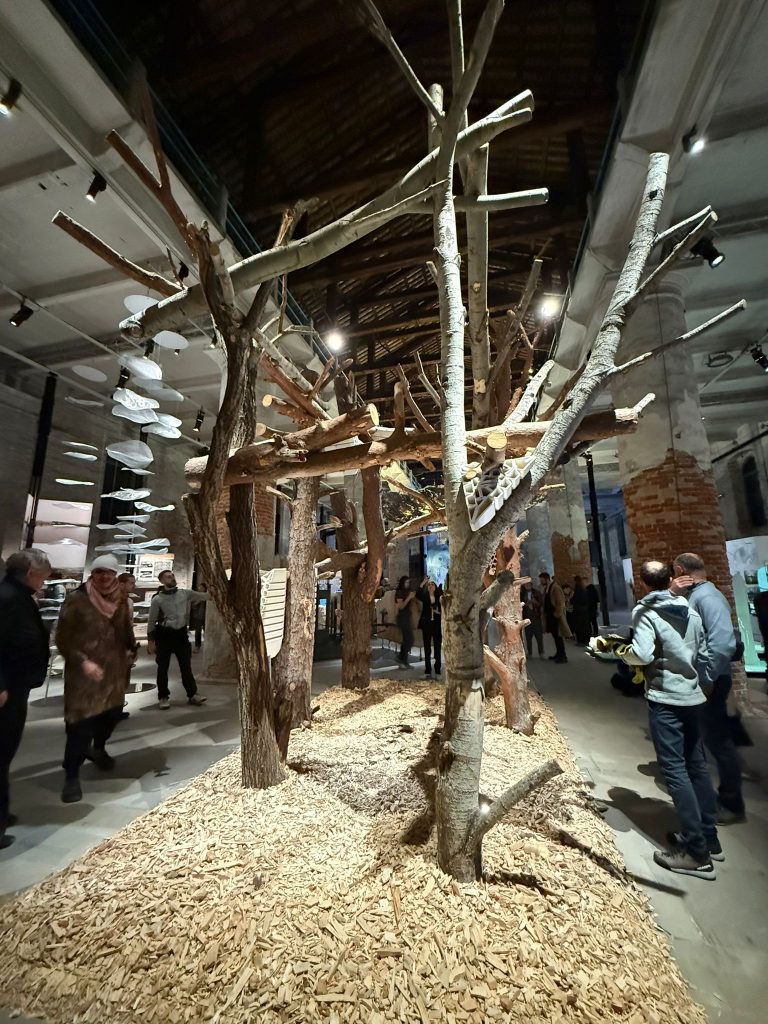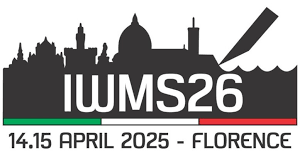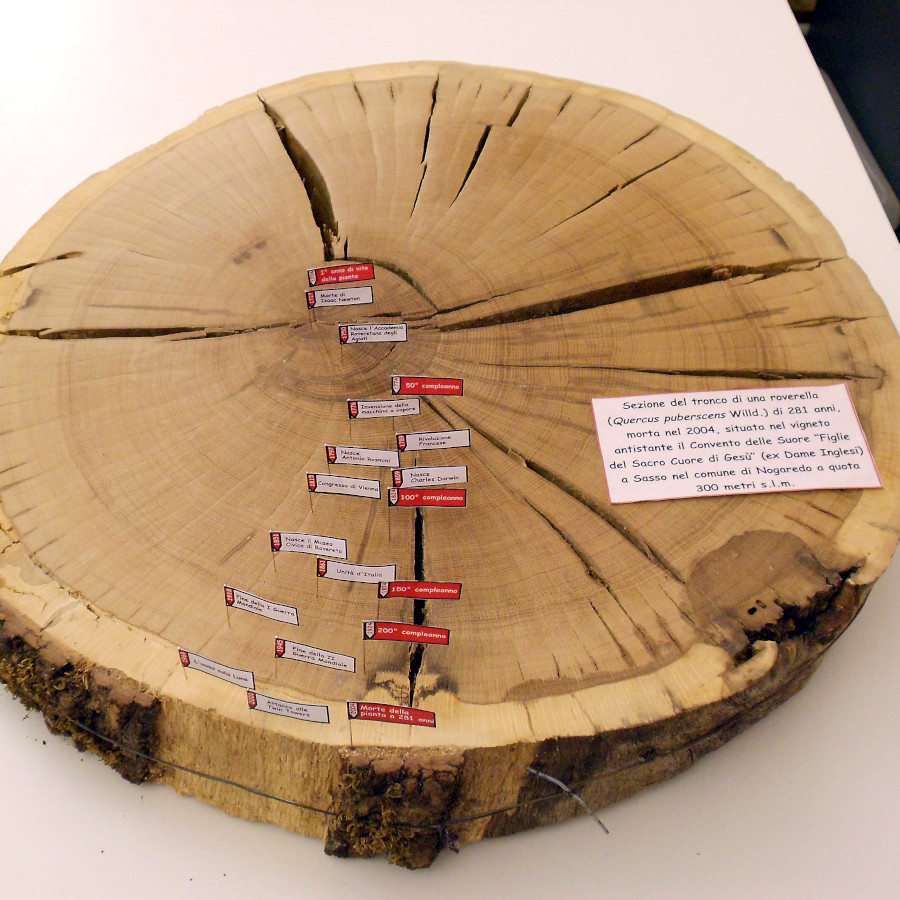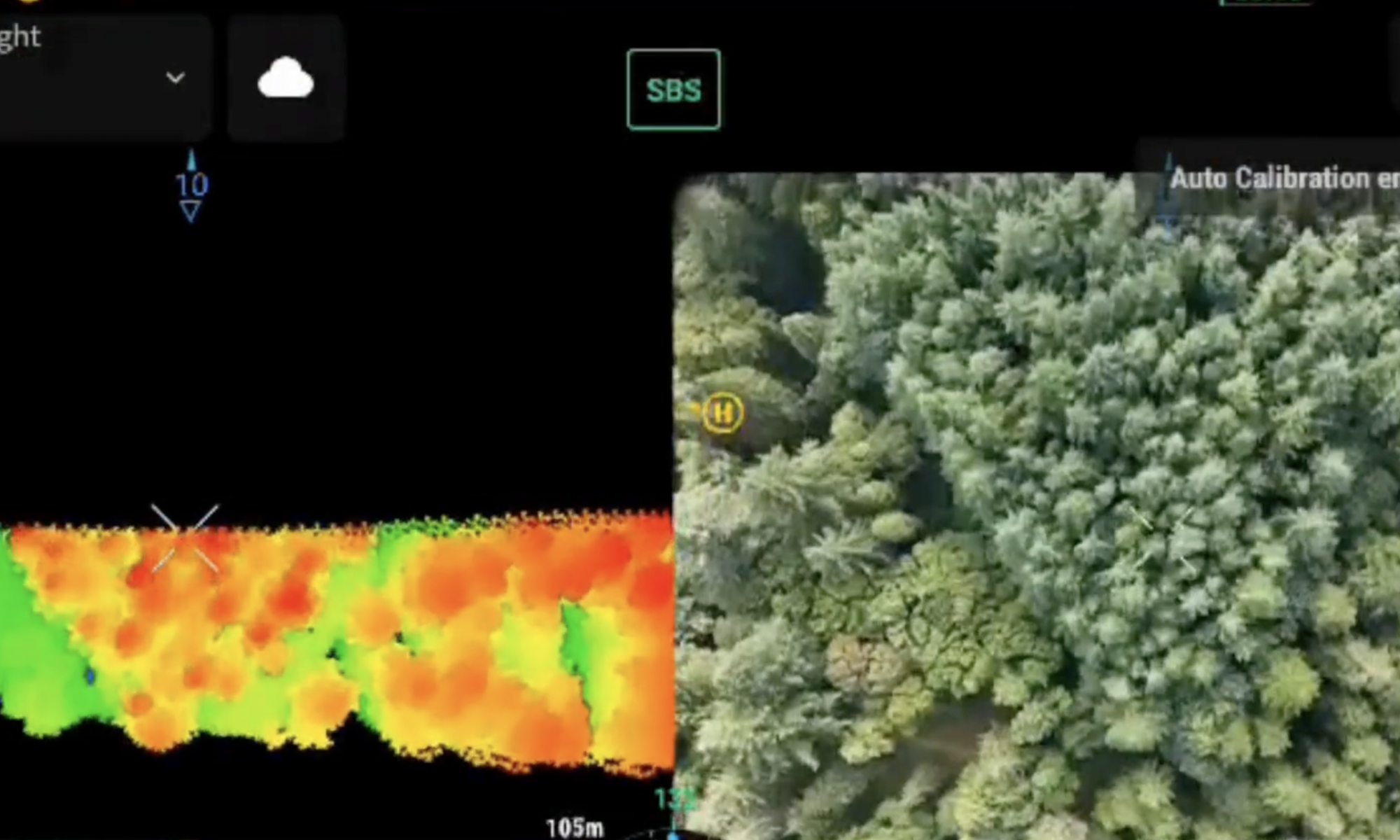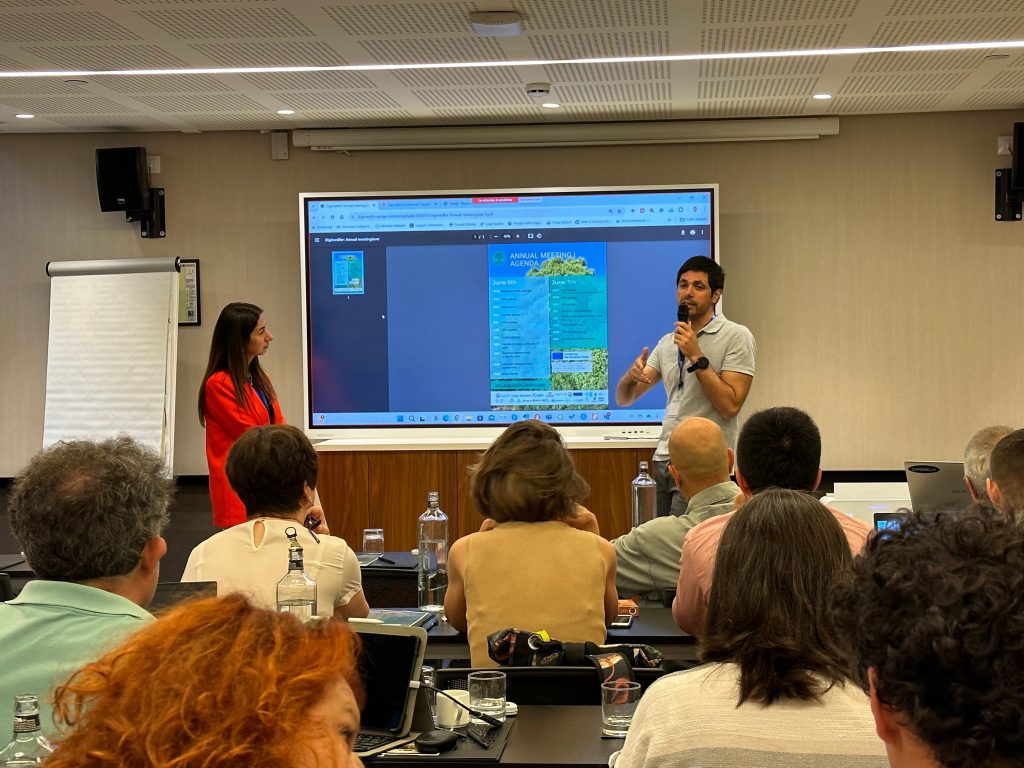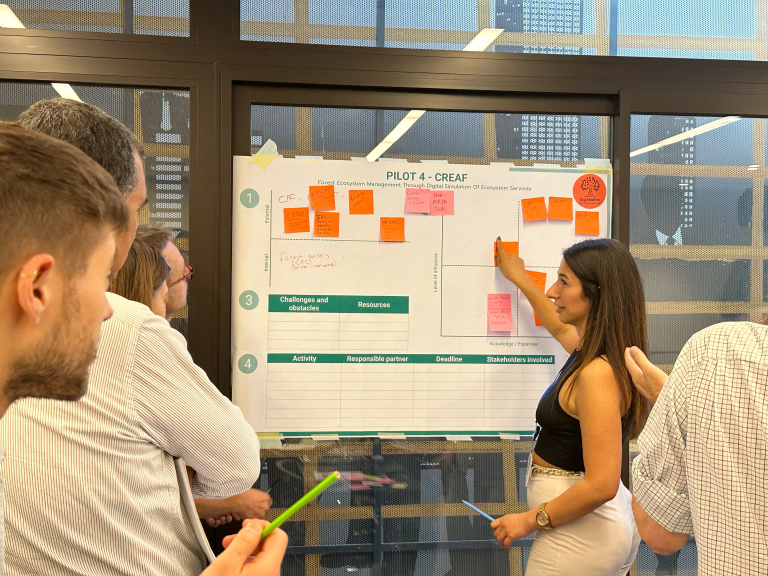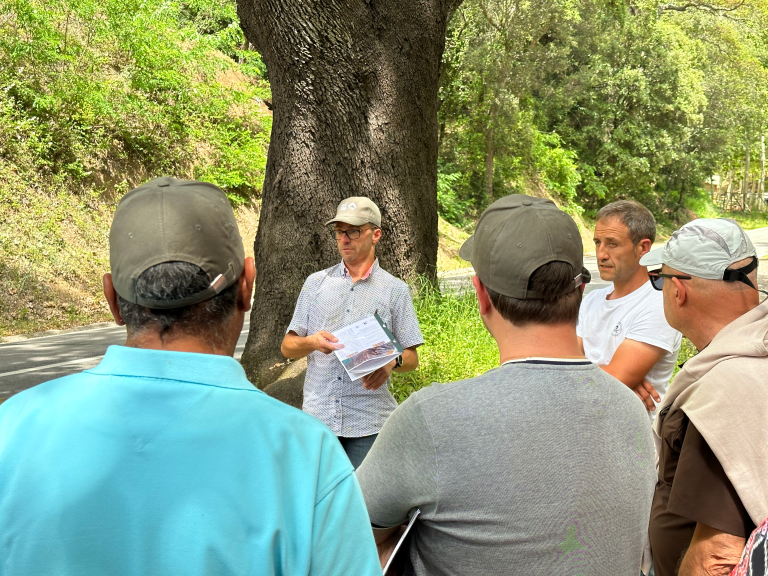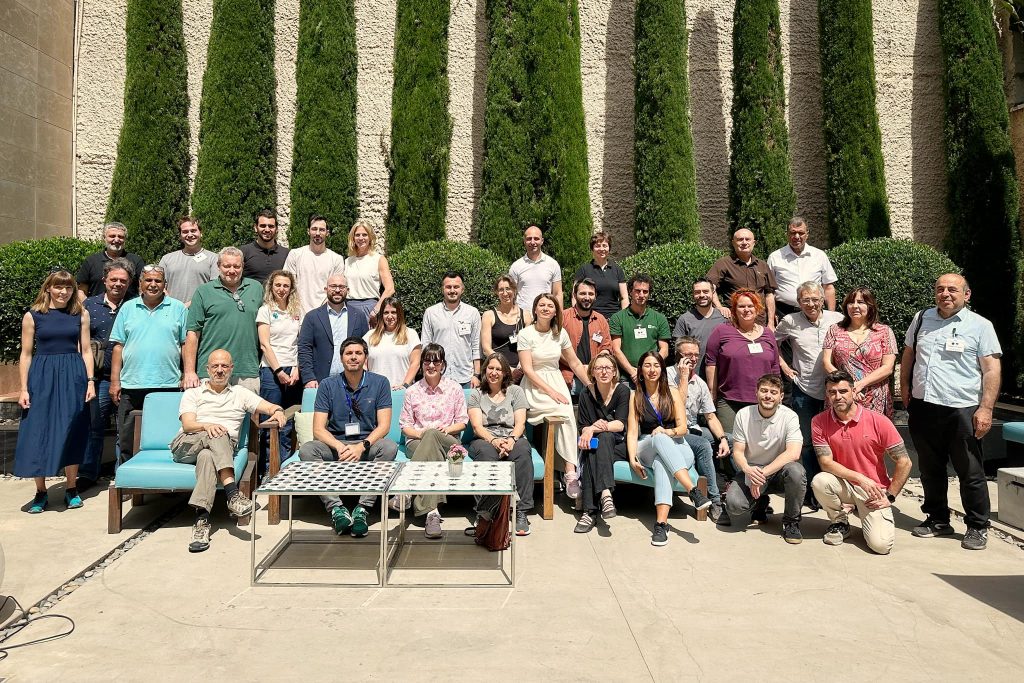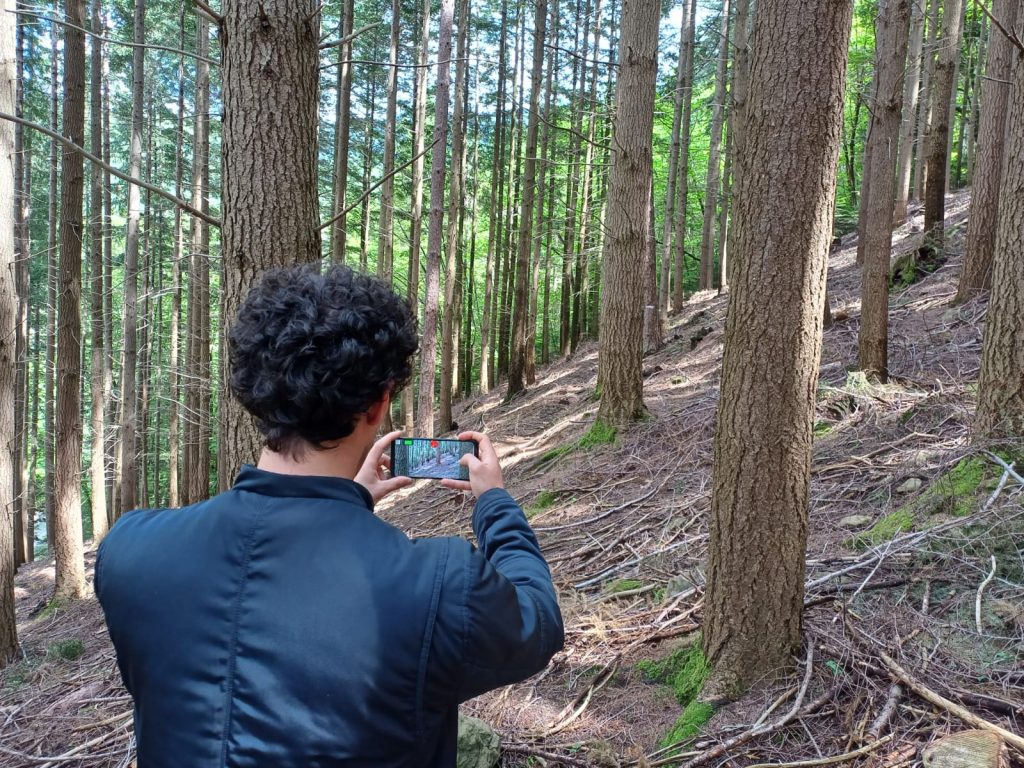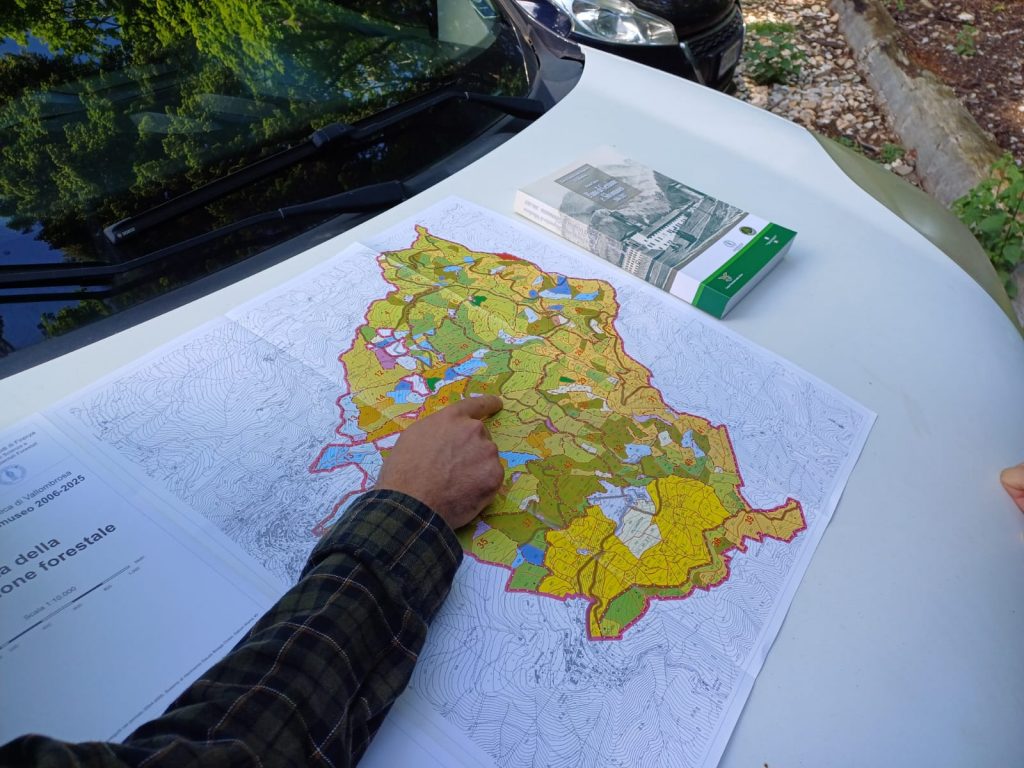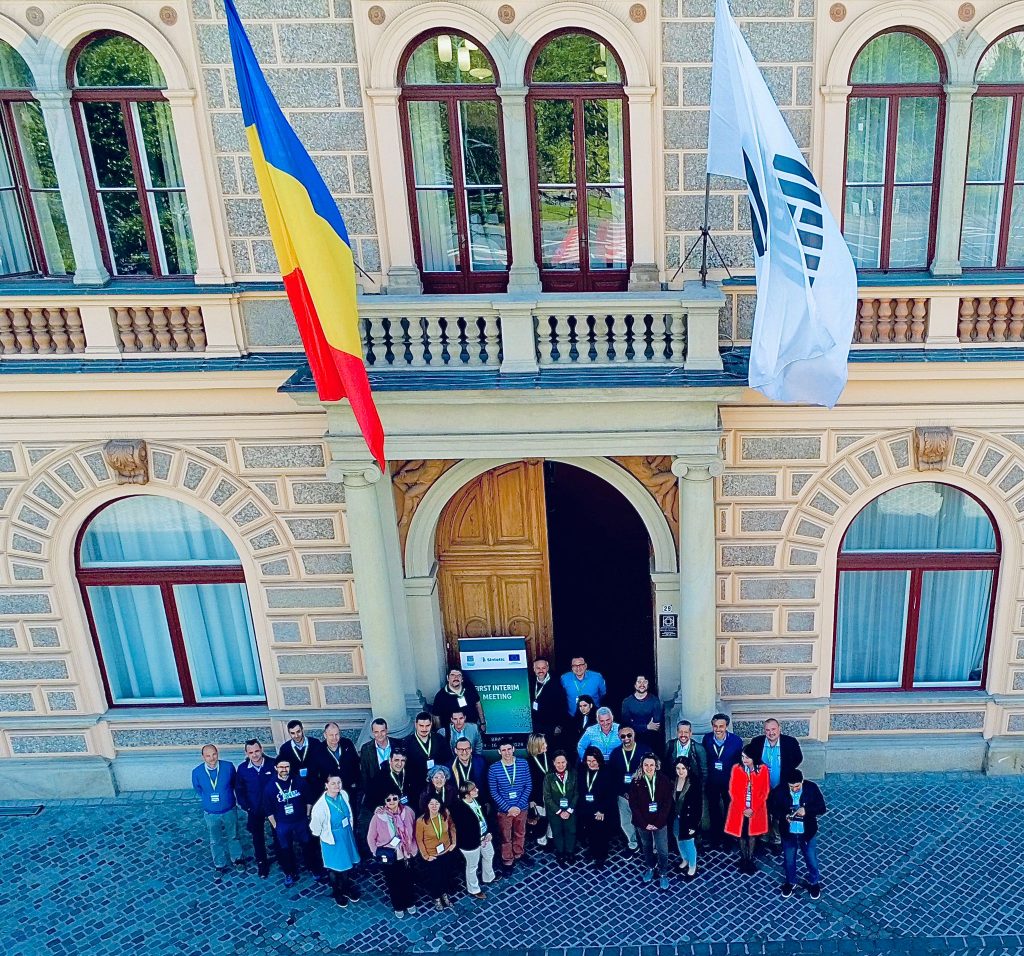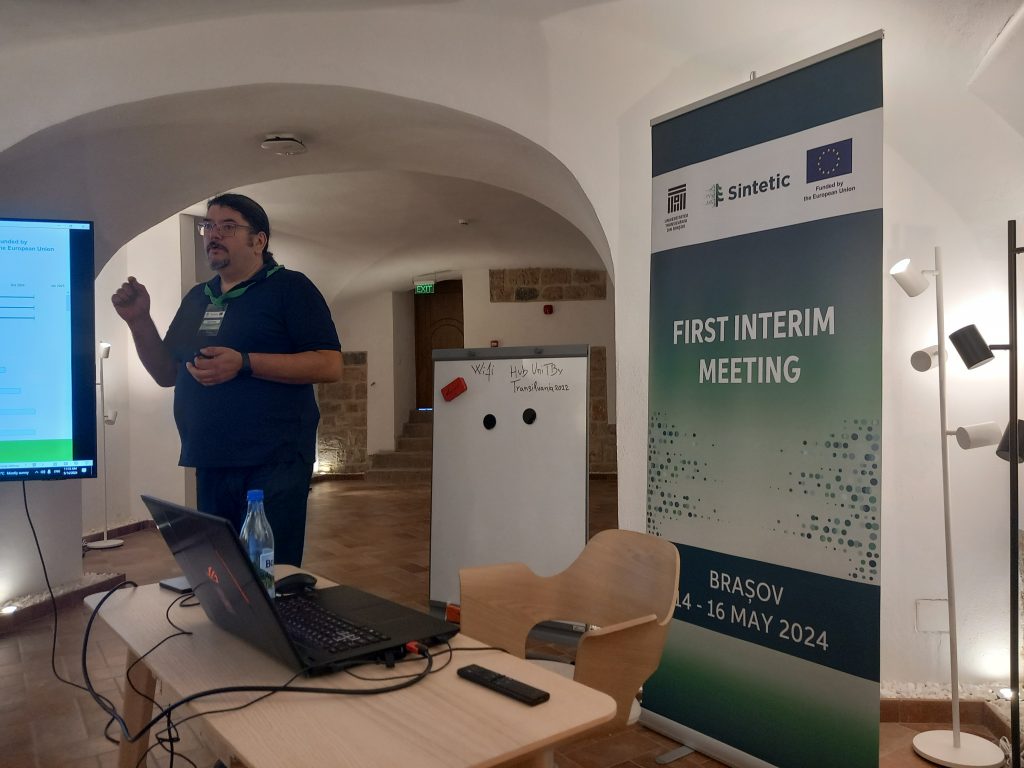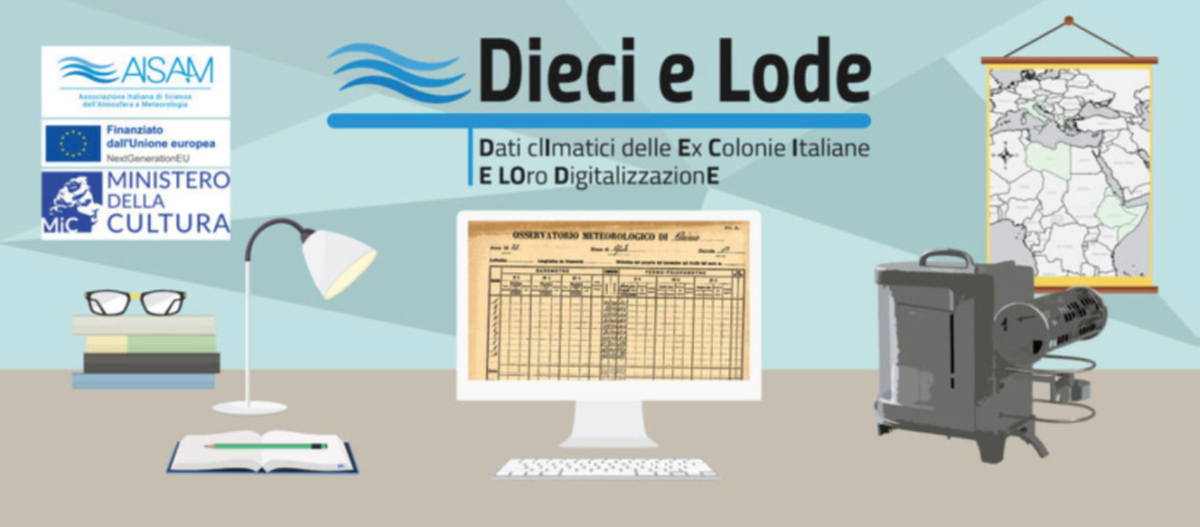Domino 3.0: Generated Living Structure
A regenerative architecture born from the climate crisis – on display at the Venice Biennale 2025 (10 May – 23 November)
Domino 3.0: Generated Living Structure is a project exhibited at the Venice Biennale 2025, running from 10 May to 23 November. It emerges as an innovative and participatory response to extreme climate change, transforming the aftermath of storm Vaia (2018) into a new vision of living.
Domino 3.0 is a living structure, a dynamic and inclusive system that promotes a renewed relationship between the environment, construction, and society.
In the face of rapidly intensifying climate challenges, architecture must necessarily redefine itself. Domino 3.0: Generated Living Structure transforms the consequences of an ecological disaster into a regenerative design approach aimed at uniting nature, technology, and society. After storm Vaia swept through northern Italy in October 2018, vast quantities of trees lay uprooted and felled by the forces of nature. Domino 3.0: Generated Living Structure repurposes them as essential building elements, embodying both resilience and vulnerability.
The fallen trunks were 3D scanned, capturing every knot, deformation, and fracture shaped by the terrain; an artificial intelligence model then analyzed how to reuse these irregular forms within cohesive systems.
Whereas modernist ideals, exemplified by Le Corbusier’s Dom-Ino system, favored standardization, Generated Living Structure embraces complexity. Custom 3D-printed joints precisely align each piece in a union of sculptural dynamism and structural stability—a method that respects local knowledge, involves communities, and directly addresses the climate emergency.
By challenging architecture’s dependence on standardized materials, we aim for more sustainable practices. Domino 3.0: Generated Living Structure thus becomes a benchmark for community-driven action, seeking to create meaningful partnerships with those whose lives and landscapes are most directly affected.
Among the supporters is the CNR IBE – Institute of Bioeconomy, based in San Michele all’Adige, which contributed scientific expertise in defining the technological parameters of the different wood species used.
Scientific Poster of the DigiMedFor Project Presented at IWMS26
A journey back in time: the dendrochronology laboratory of San Michele all’Adige
DigiMedFor continues forward: the first tracking has started on the Pilot 1 site
DIGIMEDFOR ANNUAL MEETING IN BARCELONA: A SUCCESS OF COLLABORATION AND INNOVATION
Barcelona recently hosted the annual meeting of the DigiMedfor project, a two-day event that brought the various partners involved in the project. DigiMedfor experts gathered to discuss the technical details of the progress made and provide an in-depth overview of how the project is advancing, sharing ideas and suggestions to tackle future challenges in a dynamic and proactive environment.
Updates on the activities carried out in all Work Packages (WP) were presented, collecting comments from all participants and suggestions for possible new interactions.
During the meeting, there was also an excursion to the DigiMedfor project pilot site near Barcelona, where participants had the opportunity to visit the study area and some of the ecosystem services cataloged in the project.
Thanks to the active participation of all the partners involved, the meeting proved to be a great success, allowing for a review of the results achieved and enthusiastic planning of future phases.
More details on the event and more in-depth information regarding the project can be found by visiting the official project website
DIGIMEDFOR moves forward: activities begin on pilot site 1
The surveys started in the Vallombrosa forest, thanks to the collaboration with the Reparto Biodiversità of Carabinieri Forestali, and in the Tenuta di Podernovo, due to the interest shown by the Azienda Agricola Futuro Verde.
Sintetic: the results obtained in the first year of the project were presented
Last May 14th, one year after the start of the “Sintetic” project (identification of the single piece for forestry production, protection and management), the first meeting was held with the presentation of the results obtained to date and the next steps to be taken follow have been planned. The event, organized by two of the project partners, the Transylvanian University of Brașov and ASFOR, took place in Brasov, Romania, and ended on 16 May. Detailed information can be found by downloading the brochure below
